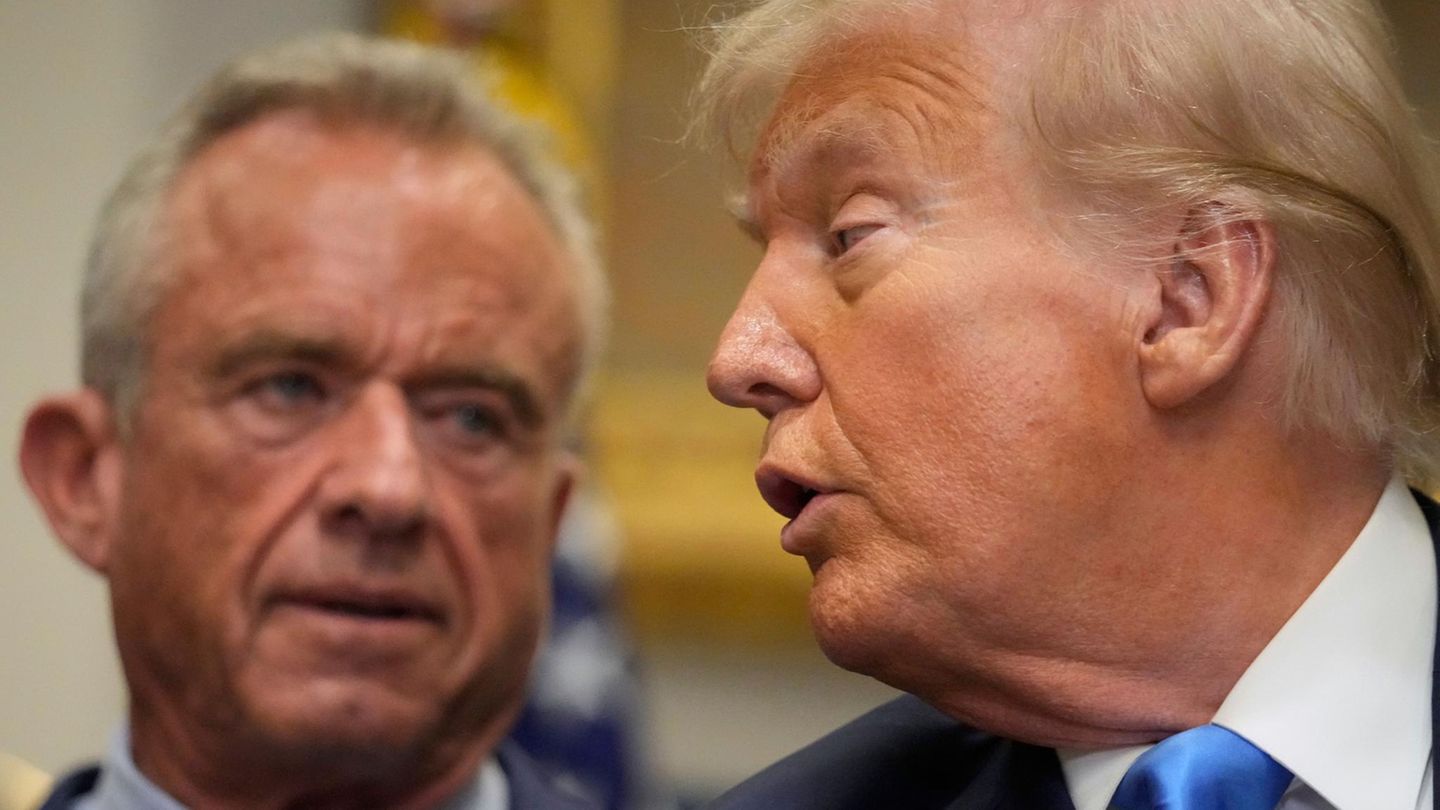Despite the pandemic and supply chain bottlenecks, the electric vehicle market has grown significantly over the past three years, according to an analyst comment from the International Energy Agency (IEA) on Jan. 30.
According to the IEA analysts, electric cars made up 2.2 million vehicles in 2019, just 2.5 percent of global car sales. In 2020, while the corona pandemic hit the market for conventional cars, sales of electric vehicles rose to 3 million, accounting for around four percent of global car sales. In 2021, sales doubled to 6.6 million electric cars, which corresponds to almost nine percent of the car market. According to the IEA comment, around 130,000 electric cars are now sold worldwide every week.
Strong growth in Europe and the USA
China accounts for more than half (3.4 million) of all electric cars sold, but there is also strong growth in Europe and the United States. In contrast, the market for electric cars in Brazil, India, Indonesia and Japan is hardly growing. Government action remains the key driving force behind the global electric car market. This includes, for example, subsidies for electric vehicles.
According to the IEA comment, challenges for the electric car market arose in 2021 from the increased raw material prices of steel, aluminum and copper. This affected both conventional cars with combustion engines and electric cars. In addition, prices for materials such as lithium carbonate and nickel, which are needed to make batteries, have increased.
According to estimates by IEA analysts, around 16 million electric cars are currently on the roads worldwide. Electric cars helped avoid oil consumption and CO2 emissions last year. However, the advantages of electric vehicles are said to have been counteracted by the parallel increase in sales of SUVs, according to another IEA report from December 2021.
Source: Nachrichten




